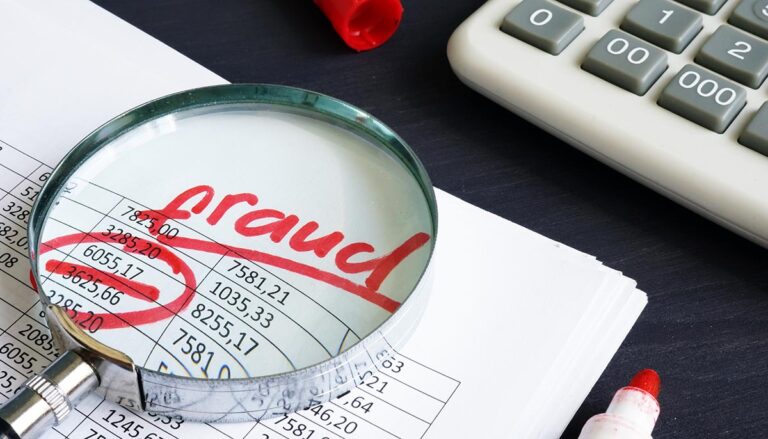Tax fraud by tax filers can occur with exaggerations that stretch deductions, full-on lies about expenses, or a mistake by the tax preparer that is still your responsibility. Here’s what you need to know to avoid getting into trouble.
How to avoid committing tax fraud and want to know about tax preparation mistakes
The first thing you need to know is that tax fraud is a federal crime that can result in serious fines or even jail time.
Tax fraud can occur in several ways: Lying on your tax return, claiming false deductions, claiming personal expenses as business expenses, not reporting income, by a filing error, or using a false Social Security number, according to Investopedia. Tax evasion, such as not filing, or avoiding payment of taxes owed, while often viewed as tax negligence or avoidance, can also be construed as tax fraud depending to what degree it occurs.
If the IRS notices any discrepancies in your tax return, you will receive a notification by mail. It doesn’t always mean they will audit you, although sometimes they will. It’s more will likely that they propose a change to your tax return.
You could also face civil penalties depending on the situation. A civil fraud penalty could be up to 75% in additional tax. The IRS could also bar you from using certain wrongfully claimed credits or deductions for up to 10 years of future tax returns, Jackson Hewitt reports.
In a worst-case scenario, although rare, the IRS could pursue civil or criminal felony charges or tax fraud charges that could result in steep fines and jail time.
The bottom line: Don’t lie or cheat on your taxes.
What happens if your tax preparer makes a mistake?
The first thing you must remember is that if your tax preparer makes a mistake – since it’s your tax returns – it’s your responsibility to notify the IRS and make attempts to correct them.
You also need to notify your tax preparer about any correspondence you’ve received from the IRS. Ideally, your preparer should take action, too, including filing an amended return (at no extra charge to you), and informing the IRS, as well as compensating the taxpayer to smooth things over. But there is no requirement that they do these things.
If your preparer’s mistake results in you having to pay additional taxes, penalties, or interest – you must pay those fees, Freshbooks reports.
If you suspect misconduct by your tax preparer resulted in an IRS audit and penalties, you can report them to the IRS for misconduct. You can also sue them for damages. The first step to take if you suspect misconduct is to complete form 14157 and submit it to the IRS along with all supporting documents. If the error impacts your tax return or refund, you need to file form 14157-A.
Visit this IRS page for more information about tax preparation issues.





